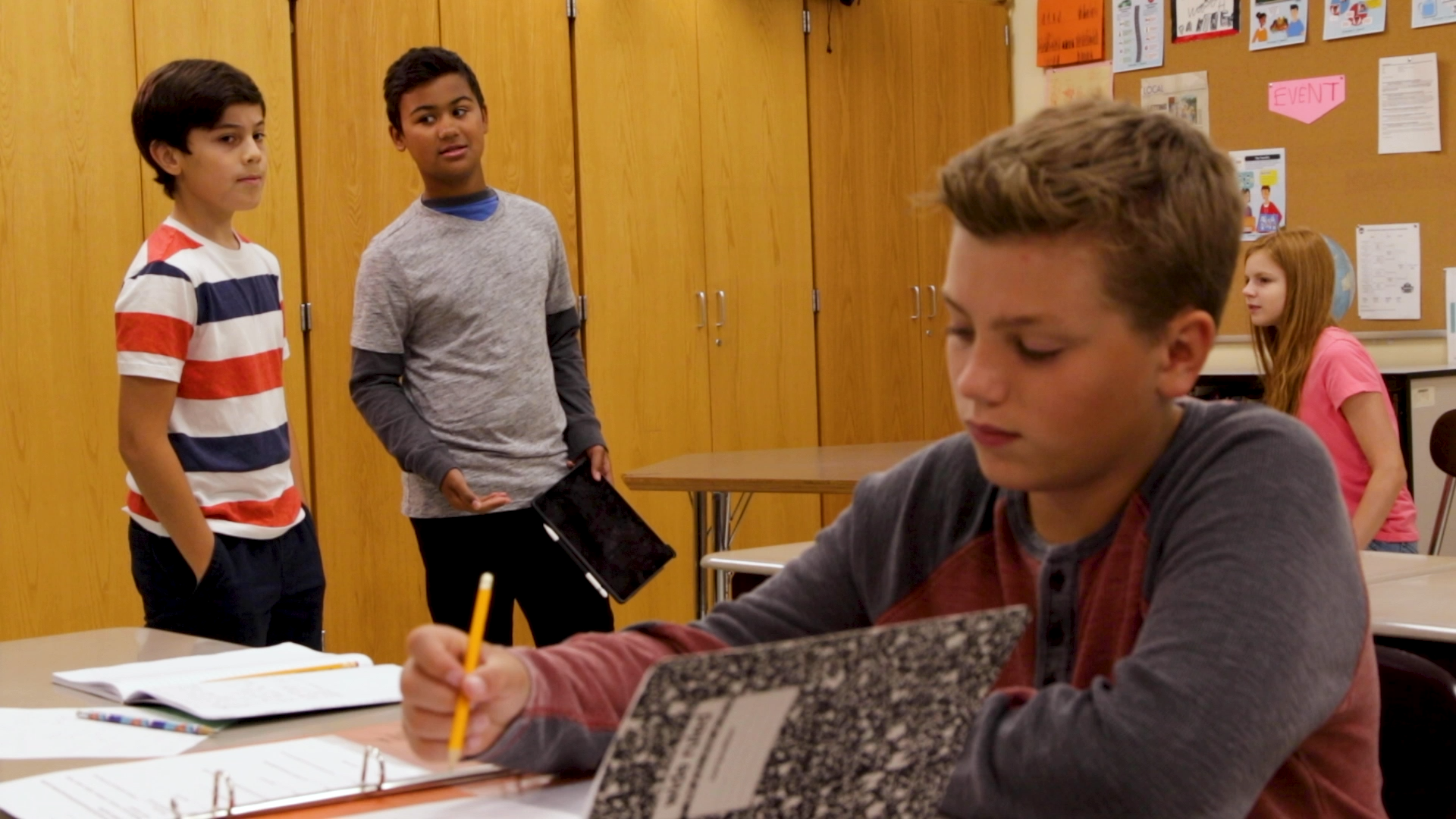Introduction
Bullying is a pervasive issue that affects many students, particularly those in special education. As educators, it’s crucial to teach our students the importance of standing up against bullying and supporting those who are being targeted. This blog post will discuss the concept of being an Upstander, a person who takes action to help the situation and supports the victim, rather than a bystander who does nothing. By teaching our students to be Upstanders, we can create a more inclusive and supportive environment for everyone.
No-Prep Activity
Role-playing is an excellent no-prep activity to help students practice becoming Upstanders. Divide your students into small groups of three. In each group, assign one student to play the bully, one to play the victim, and one to play the Upstander. Provide the students with a bullying scenario and have them act it out. The Upstander should practice using phrases like “No need to be mean,” “Come on, let’s be nice,” “That’s not cool,” or “Why’d you say that?” to intervene in the situation. After each round, have the students switch roles and try a new scenario. This will help them gain confidence in standing up against bullying and supporting their peers.
Discussion Questions
- Why is it important to be an Upstander instead of a bystander when witnessing bullying?
- How might the victim of bullying feel if no one stands up for them? How might they feel if someone does?
- What are some challenges students might face when trying to be an Upstander? How can they overcome these challenges?
- What are some ways you, as an educator, can encourage and support Upstander behavior in your classroom?
- How can teaching students to be Upstanders contribute to a more inclusive and supportive classroom environment?
Related Skills
Teaching students to become Upstanders is just one aspect of fostering a positive and inclusive classroom environment. Other related skills that can be beneficial for students to learn include:
- Empathy: Understanding and sharing the feelings of others can help students better support their peers.
- Conflict resolution: Learning to resolve conflicts peacefully and effectively can prevent bullying and promote positive relationships.
- Assertiveness: Teaching students to assertively communicate their needs and feelings can help them stand up for themselves and others.
- Active listening: Encouraging students to actively listen to their peers can create a supportive and inclusive environment.
Next Steps
Now that you understand the importance of teaching students to become Upstanders and have some ideas for activities and discussion, it’s time to take the next step in your journey towards fostering a more inclusive and supportive classroom. To access free sample materials on this skill and others related to social-emotional learning, sign up at Everyday Speech. These resources will provide you with valuable tools and strategies to help your students grow and thrive in their social-emotional development.






